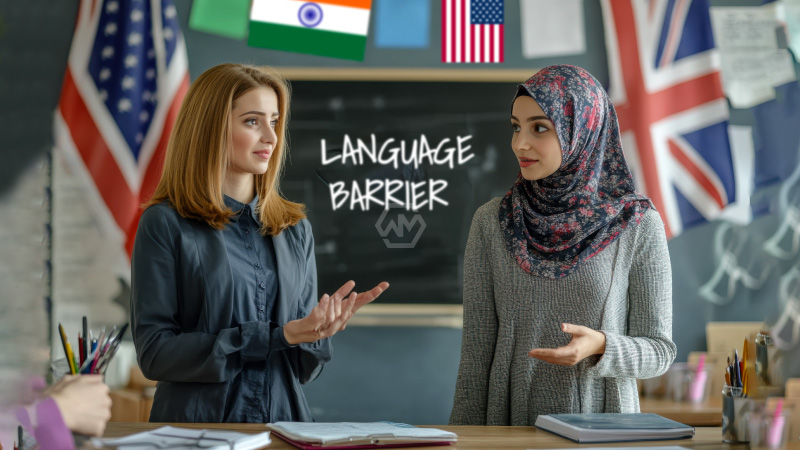- 40% of the global population lacks access to education in a language they understand.
- Language barriers have widened learning gaps, especially post-COVID-19.
- UNESCO calls for inclusive multilingual policies to address the crisis.
Despite the growing recognition of the importance of mother tongues in education, millions of students worldwide struggle due to language barriers.
UNESCO’s latest report, Languages Matter: Global Guidance on Multilingual Education, stresses the need for policy reforms. With rising migration and displacement, education systems must adapt to linguistic diversity.
Breaking Language Barriers: The Need for Multilingual Education
In many parts of the world, children are expected to learn in a language they neither speak nor understand, severely limiting their educational progress. Language barriers create an uneven playing field, with those unfamiliar with the language of instruction struggling to grasp basic concepts. This gap has grown in recent years, widening disparities in literacy and numeracy skills.
Multilingual education is no longer optional but a necessity. Countries must invest in teacher training, local language curriculum development, and inclusive policies that support linguistic diversity. Without these changes, millions will continue to fall behind, reinforcing cycles of poverty and inequality.
The digital revolution presents a potential solution, with AI-driven translation tools and online multilingual resources offering new ways to bridge the language gap. However, access to technology remains unequal, and without government support, digital solutions alone cannot fully address the issue.
India’s National Education Policy (NEP) is a step towards multilingual learning, but concerns remain over the imposition of dominant languages. Successful implementation will require collaboration with educators, communities, and policymakers to create an inclusive approach that respects linguistic diversity.
Language should not be a barrier to education. Governments and institutions must work towards inclusive policies that ensure every child can learn in a language they understand, paving the way for a more equitable future.
“If you talk to a man in a language he understands, that goes to his head. If you talk to him in his language, that goes to his heart.” — Nelson Mandela



